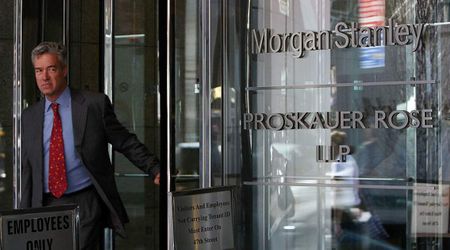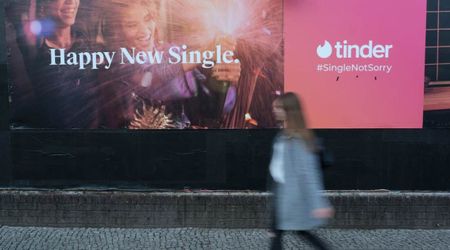What Is Concert Tourism? How Fans Are Traveling Overseas For Music Shows And Saving Money

As ticket prices for music concerts continue to skyrocket, some music fans have found an alternative solution to attend their favorite artists' shows. Concert tourism, the practice of traveling overseas to experience live performances, has gained traction among Americans seeking to save money while enjoying world-class entertainment. With ticket prices reaching four-digit figures, these dedicated fans are exploring international destinations for a more affordable concert experience.
How Fans are Playing Smart
Shelby Messing, a devoted Beyoncé fan, shares her experience of saving at least $1,000 by traveling to Spain to witness Beyoncé's sold-out Renaissance world tour, CBS reported. She estimates spending between $2,500 and $3,000 for a two-week trip, which includes the cost of a round-trip flight, accommodations, a general admission concert ticket priced at a reasonable $27, and an excursion to Mallorca.
In contrast, a single VIP ticket for the same tour in the US would cost a minimum of $3,757 and could reach as high as $5,007. The relatively low ticket fees in Spain, enforced by the National Commission for Markets and Competition (CNMC), contribute to the savings enjoyed by concert tourists.
A Cost-Effective Choice
While concert tickets are more affordable abroad, the surge in flight prices to Europe and other regions poses a new challenge for concert tourists. Triada Cross, another dedicated Beyoncé fan, used credit-card points to fly from Dallas to Germany, where she caught two of the singer's performances in Hamburg and Frankfurt. With a total cost of $3,525, covering the flight, a five-night hotel stay, and a train ride between the cities, Cross's expenses still remained lower than the cost of a single VIP ticket package for the same shows in the US. Concert tourists like Cross value Europe's robust consumer protection laws, which provide a more favorable experience compared to the issues faced by Taylor Swift fans during the Ticketmaster debacle.

Ticketmaster's Impact
Ticketmaster, the dominant platform for ticket sales in the US, plays a significant role in driving up ticket prices, fans allege. The platform's dynamic pricing model adjusts ticket prices based on demand, resulting in inflated costs for fans. Additionally, Ticketmaster's exclusive agreements with major concert venues prevent competition and allow for the imposition of high fees.
A lack of alternatives contributes to the frustration expressed by fans and artists alike. Concertgoers in the US often find themselves subject to these fees, further increasing the cost of attending live shows.

Lawsuits and Legislative Efforts
The dissatisfaction with Ticketmaster's fee system has led to public outcry and legal action. The Cure frontman Robert Smith expressed his disappointment in the company's fees, which surpassed the face value of tickets to his band's shows. Taylor Swift fans also sued Ticketmaster and Live Nation, alleging fraud and antitrust violations in the ticket-selling process for her Eras Tour. In response, legislators introduced the "Junk Fee Prevention Act" to limit excessive or deceptive mandatory fee. Experts say that comprehensive federal action is necessary to address the larger market problems arising from Live Nation and Ticketmaster's monopoly.
























